In an era where streaming has revolutionized how we watch sports, live events, and entertainment, Ohio State University (OSU) football has become a prime example of how traditional broadcast and streaming services can impact access to beloved sports teams. However, a new legislative proposal in Ohio is making waves among fans, lawmakers, and sports broadcasters alike. Ohio State Senator, **Matt Dolan**, has introduced a bill aimed at ending the exclusive streaming deals for OSU football games, bringing a significant shift in how these games are broadcasted and, most importantly, how they are made available to viewers across the state and beyond.
### The Rise of Exclusive Streaming in College Sports
Over the past decade, streaming services have rapidly expanded their dominance in the entertainment world, with sports being no exception. Major sports leagues, networks, and college programs have embraced streaming as an essential way to connect with their audiences, providing fans with more flexibility in how and when they watch their favorite teams. For Ohio State, a football powerhouse with a massive national following, streaming has become an increasingly important part of how fans consume its games.
Exclusive streaming deals are a significant part of this shift. These deals often involve large platforms like **Peacock**, **ESPN+**, and others securing the rights to stream certain OSU football games, sometimes even bypassing traditional television broadcasts. While this might make sense from a business perspective, it has sparked frustration among fans, particularly those who either don’t have access to the specific streaming platforms or aren’t willing to pay extra fees to view these games.
For OSU football fans, these exclusive deals mean they must subscribe to specific streaming services or risk missing out on the action altogether. For many fans, particularly older generations or those without fast internet connections, it can be an inconvenient and frustrating experience.
### The Introduction of Senate Bill 73
In response to growing concerns from OSU football fans, **Ohio Senator Matt Dolan**, who has represented Ohio’s 24th district since 2017, introduced Senate Bill 73. This bill is designed to prohibit Ohio State University from entering into exclusive streaming agreements for its football games, ensuring that the games remain accessible to a wider audience without the need for additional subscriptions or streaming service barriers.
Senator Dolan, a Republican who has also been a long-time advocate for Ohio State athletics, argued that such exclusive deals are unfair to Ohioans who want to support their local team but are restricted by subscription-based streaming services. His bill calls for a return to more traditional broadcast methods, where OSU games would be available on widely accessible channels, such as **ABC**, **NBC**, **ESPN**, and local broadcast stations, without the need for exclusive digital platforms.
The bill has garnered attention not only from Ohio State fans but also from lawmakers, sports analysts, and media outlets. Supporters of the bill argue that it aligns with the interests of Ohioans, ensuring the public has equal access to in-state events. Critics, however, point out that such a move could limit the university’s ability to capitalize on lucrative media deals, possibly impacting the athletic department’s finances, which heavily rely on media rights agreements for funding.
### Why Now? The Impact on Fans and the Industry
The timing of this bill is significant. With streaming services continuing to grow and become the primary means of watching many live events, especially sports, this legislative move addresses a mounting issue that affects a wide range of sports fans—not just Ohio State fans. As streaming platforms take on more prominence, exclusive streaming agreements have become increasingly common. However, these agreements often leave behind a segment of the fanbase that either doesn’t have access to these platforms or doesn’t want to pay extra for access to something they feel should be available on traditional TV networks.
For Ohio State football, the introduction of Senate Bill 73 comes at a time when college sports are under increased scrutiny regarding their business practices, especially in terms of how they generate revenue. Ohio State football is a massive revenue generator for the university, and its games are among the most-watched events in college sports. The growing trend of exclusive digital streaming is seen by some as a threat to traditional broadcasting, which has been the backbone of sports programming for decades.
By ensuring that OSU football games remain accessible via traditional television and broadcast outlets, this bill is responding to the needs of the fans who may not be as tech-savvy or who have limited access to high-speed internet. It also attempts to keep the spirit of community and local support alive by ensuring that a widely beloved Ohio team stays within the reach of Ohio residents, no matter their economic or technological situation.
### The Financial Landscape of College Sports and Media Rights
At the heart of this debate lies the issue of **media rights**—a multi-billion-dollar industry that has grown exponentially in recent years. College football programs like OSU’s generate significant revenue through television deals, advertising, and media streaming partnerships. These financial agreements have become essential for funding athletic departments, supporting scholarships, and paying coaches and staff.
The NCAA’s college football broadcasting rights are valuable commodities, and teams like OSU have found themselves in high demand for broadcasting networks. By securing exclusive streaming deals, OSU and other major programs can boost revenue by reaching broader, more engaged audiences through platforms with massive subscriber bases. For instance, platforms like Peacock and ESPN+ have been vital for distributing games beyond traditional networks, and that revenue has benefited the athletic department.
However, there is a fine balance between financial interests and fan access. While exclusive streaming deals are lucrative for the university and its athletic program, they also create an obstacle for fans who are not interested in adding another subscription to their monthly expenses or who may not have access to the internet infrastructure required to stream games seamlessly.
Senator Dolan’s bill recognizes this dilemma, attempting to strike a compromise that provides wider access to the games without severely damaging the revenue streams necessary to maintain a world-class athletic program.
### Looking Ahead: What This Could Mean for College Sports
Senate Bill 73’s potential passage could have far-reaching consequences for college sports and how media rights are structured. If successful, the bill could prompt other states and universities to follow suit, potentially reversing the trend toward exclusive streaming deals that have become so prevalent in recent years.
However, passing the bill would not be without significant pushback. Media companies and streaming services stand to lose access to highly sought-after content, and universities could face pressure to balance financial gain with fan access. Furthermore, the broader college sports industry may hesitate to follow Ohio’s lead if it threatens their bottom line or shifts the balance of power in sports media deals.
### Conclusion
The proposed bill by Senator Matt Dolan is a bold move that seeks to protect the interests of college football fans by ensuring Ohio State’s games remain available through traditional broadcast methods. While the bill represents a significant shift in how college football could be consumed, it also highlights the growing tension between accessibility and revenue generation in modern sports broadcasting.
For Ohioans and OSU fans, this bill is a hopeful sign that the voices of everyday fans will continue to matter in the ever-evolving world of college sports broadcasting. As this proposal works its way through the legislative process, fans across the state will be watching closely, hoping that their right to watch their team without obstacles will win the day.
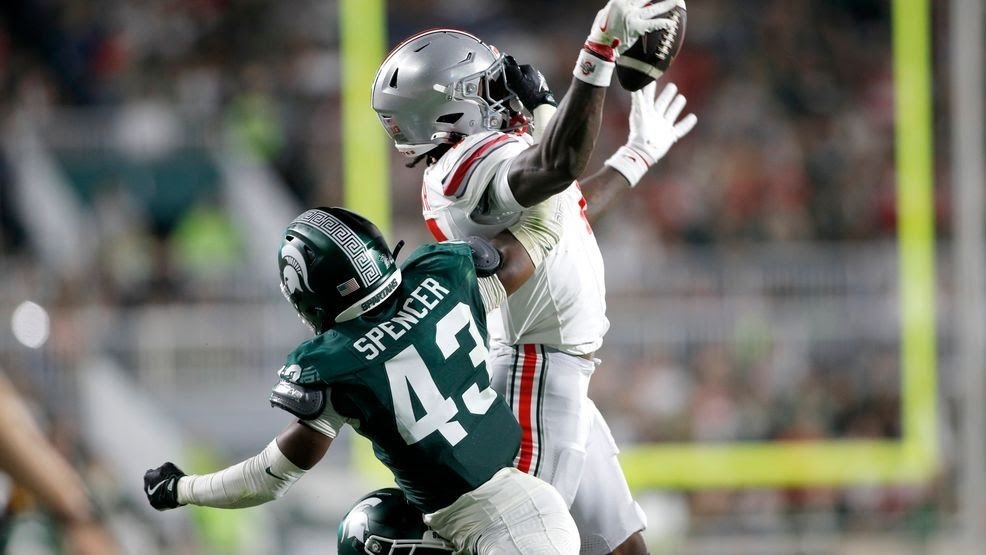
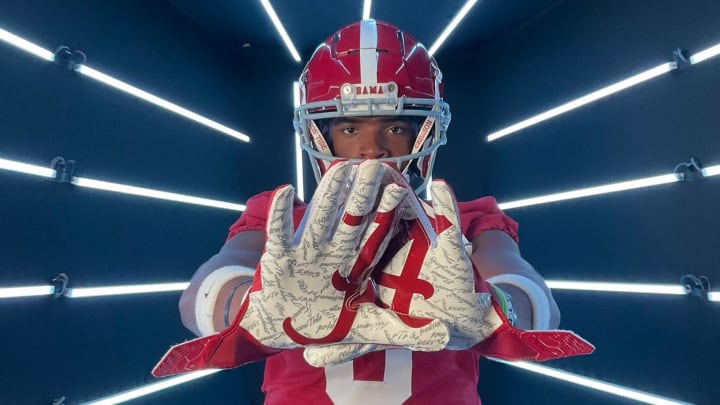

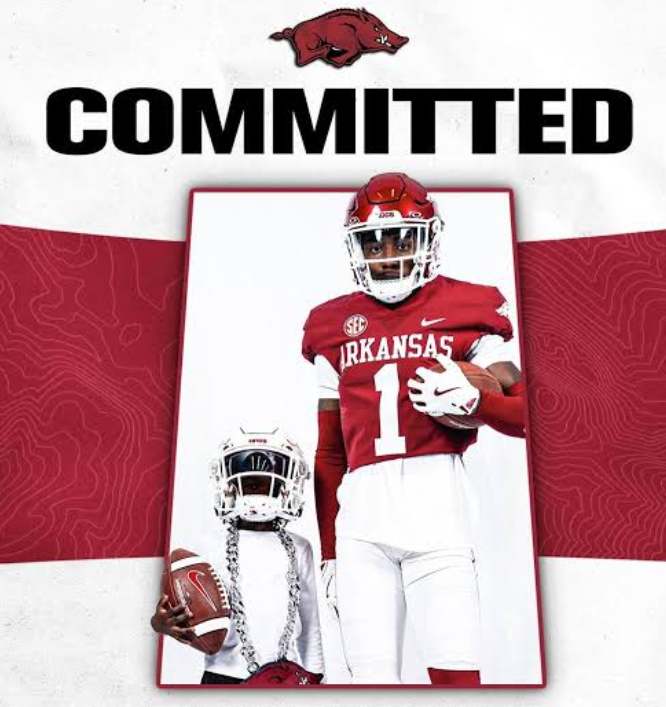
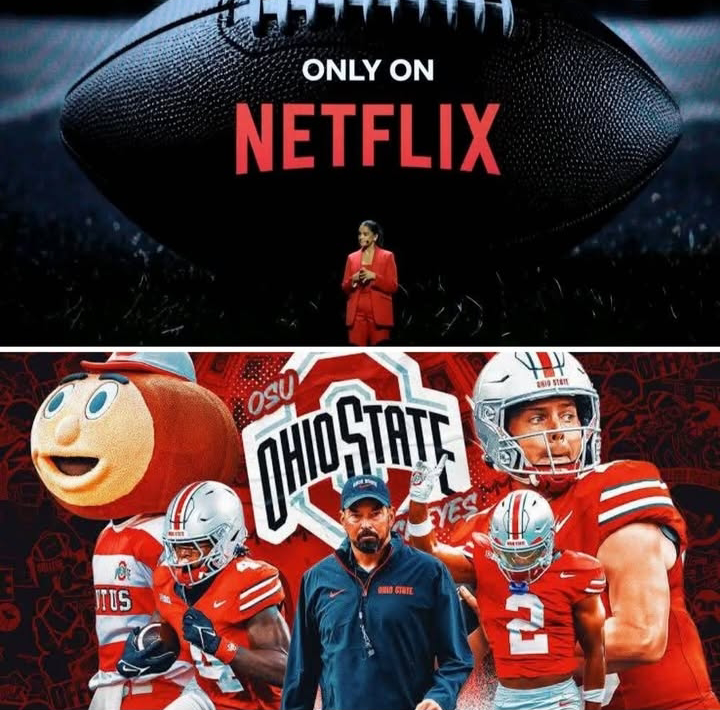
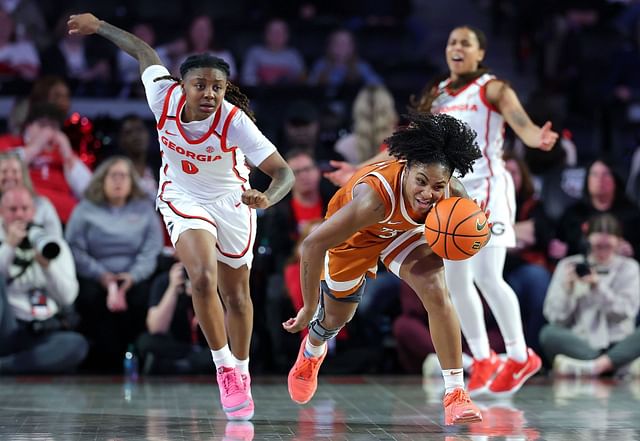
Leave a Reply